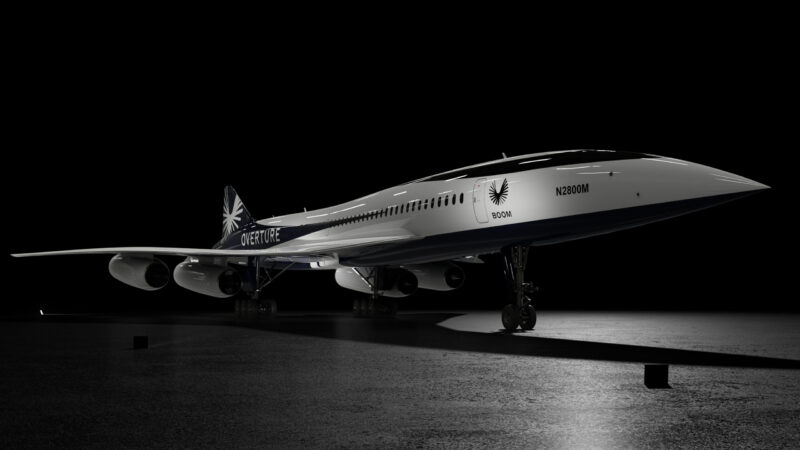Every day we wake up, drink a cup of coffee, and get ready for work. Following are a handful of stories from around the tech world condensed to fit into one single cup of coffee. These are the things you need to know before you step foot out of your door (or in front of a webcam) and into the real world this morning.
So sit back, grab a cup, and start your morning off right with a few “Quick Bytes” from Innovation & Tech Today.
AI Weapons Technology Presents Dangers, Researchers Say
Researchers are finding our greatest AI fears may be rooted in reality. Jack Clark, co-founder of the AI safety research lab Anthropic, recently tweeted: “Some people who work on longterm/AGI-style policy tend to ignore, minimize, or just not consider the immediate problems of AI deployment/harms.”
As AI is integrated into military weapons, the implications of machine learning become more concerning.
But according to Clark, the problem lies with the way governments are utilizing AI technology rather than AI itself. Governments are behind the curve when it comes to advanced AI technology, so some experts think it would be best to avoid making weapons super intelligent.
According to a Vox report, some world leaders are dismissing the warnings, opting to speed up AI weapon development due to its potential benefits.
“Lots of the seemingly most robust solutions for reducing AI risk require the following things to happen: full information sharing on capabilities between US and China and full monitoring of software being run on all computers everywhere all the time,” Clark said.
Nuclear Fusion Breakthrough Confirmed
A nuclear fusion breakthrough achieved a year ago by California scientists has now been officially confirmed.
Researchers at Lawrence Livermore National Laboratory’s (LLNL’s) National Ignition Facility (NIF) recorded the first case of ignition on Aug. 8, 2021, the results of which have now been published in three peer-reviewed papers.
In the 2021 experiment, a nuclear yield of more than 1.3 megajoules was achieved, meaning a self-sustaining form of nuclear energy could be on the horizon.
Achieving the conditions needed for ignition has been a long-standing goal for all inertial confinement fusion research. The confirmation of the success of fusion ignition is a giant leap toward fusion-powered energy for the world.
Nuclear fusion is of the most efficient and least polluting sources of energy possible. No fossil fuels would be required as the only fuel would be hydrogen, and the only by-product would be helium.
NASA Plans to Probe Uranus
In addition to a the wealth of crude, elementary school-level jokes, the new NASA mission will provide a wealth of knowledge of the icy gas giant located at the edge of our solar system.
The National Aeronautics and Space Administration has announced four trips to Uranus in the next decade — three orbiters and one fly-by. Uranus has a volatile atmosphere that makes it almost impossible for space-faring equipment to descend to it’s surface.
Voyager II executed the last fly-by in 1986. However, data had to be recorded from 81,500 km away as the spacecraft lacked the fuel to be able to enter orbit. We have not been back to Uranus since.
New Airliner ‘Overture’ Brings Back Commercial Supersonic Air Travel
Commercial supersonic travel is making a comeback. Twenty years after the retirement of the Concorde, a new, eco-friendly jet is set to hit the market.
The Overture, created by Denver-based Supersonic, is the world’s fastest airliner. The company says the new craft will cut flight times from New York to London by two hours.
With 26 million hours of designing and testing, Overture will run on 100% sustainable aviation fuel (SAF) as it flies at Mach 1.7 over the ocean, shuttling between 68-80 passengers up to nearly 5,000 miles.
While it looks remarkably similar to the Concorde, upgrades have been made since the supersonic airliner’s last outing. The Overture wings have a sinuous twist and the medium-bypass turbofan engines do away with the need for afterburners—which were responsible for a substantial part of the noise levels that helped kill off Concorde.
The first commercial flights are set to begin in 2026.










